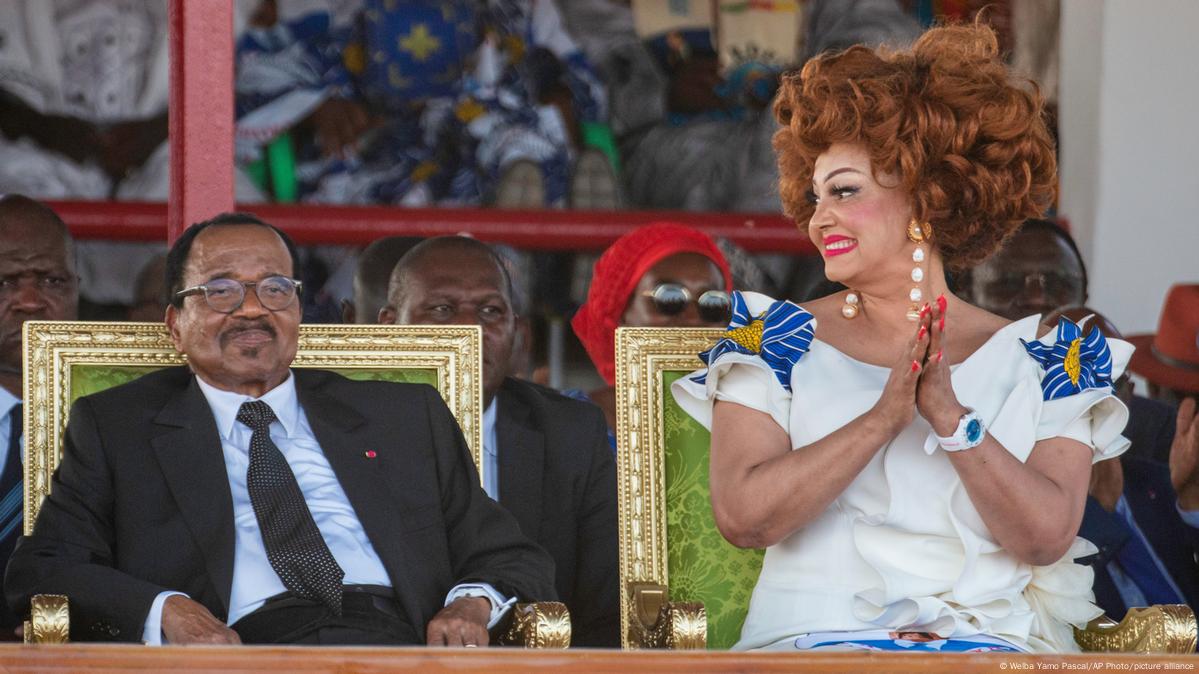
Five days before Cameroon’s presidential election, President Paul Biya held his first-ever campaign rally on October 7 in Maroua, in the country’s North region.
For many observers, the event appeared largely symbolic, as the outcome of the election seemed all but predetermined.
After more than four decades in power, Biya is running for an eighth term, relying on the machinery of the state rather than a traditional campaign.
By beginning his campaign in Maroua, historically an RDPC (Cameroonian People’s Democratic Movement) stronghold, Biya reinforced a familiar political ritual.
At 92 years old, with 43 years in office, he conducted a sober, almost ceremonial rally, sending a message that his re-election does not depend on fiery speeches or active campaigning.
The opposition remains fragmented and weakened. Of the eleven candidates officially running, two have withdrawn in favor of Bello Bouba Maïgari, who, despite his experience, struggles to present a credible alternative.
Other movements, such as Stand Up for Cameroon, have decried the biased electoral process but have not put forward a candidate, urging citizens instead to “vote conscientiously.” Critics point to the unchanged Electoral Code, which has long been criticized for its opacity and lack of democratic guarantees.
Despite these challenges, images from Yaya Daïrou stadium showed a fervent base of supporters draped in party colours, cheering Biya as the “man of renewal.” The North region remains a loyal, if paradoxically fragile, foundation for the ruling party, illustrating the complex relationship between the president and the electorate.
Several factors ensure Biya’s political dominance. Institutional control gives the ruling party significant advantage over the administration and courts. The fragmented opposition lacks a unified strategy.
Long-standing electoral rules favour incumbents, while the CPDM’s structural control over local administration, public media, and campaign resources further consolidates power.
A personality cult around Biya, seen by some as a guarantor of stability and national unity, also endures.
The October 12 election appears less a competitive vote than a confirmation of entrenched power.
With the country’s youth—over 60% of the population under 25—expressing growing disillusionment, questions persist about Cameroon’s political future.
The Maroua rally was not a call to action but a reminder: Paul Biya remains in charge, and the system he represents continues largely unchallenged.



